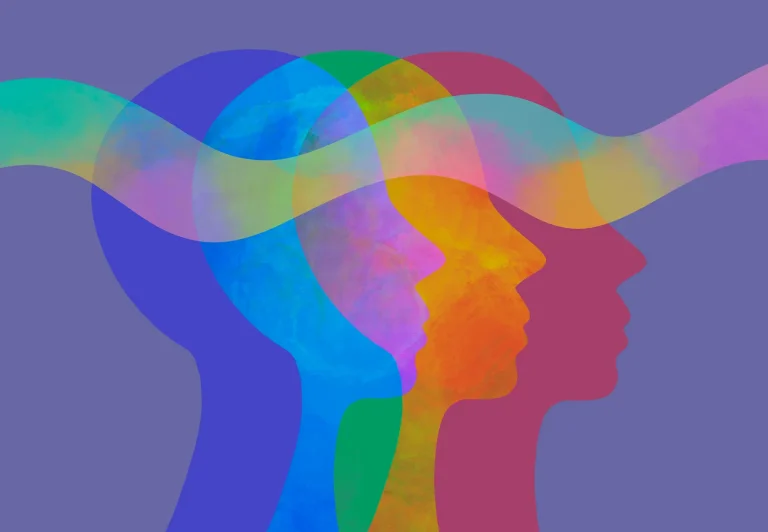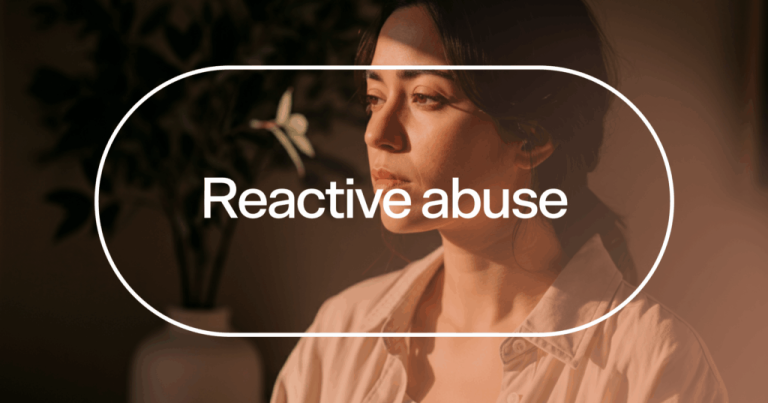Anxiety & Depression Counseling in Orlando

Are You Constantly Overthinking, On Edge, or Emotionally Exhausted?
You’re not alone—and you don’t have to keep pushing through it alone either. Anxiety and depression are among the most common mental health struggles in the U.S., affecting millions of people every year. These challenges can show up in different ways—persistent worry, fear, fatigue, racing thoughts, hopelessness—but they all interfere with your ability to live fully, connect deeply, and feel like yourself. At Life Counseling Solutions, our licensed counselors specialize in helping individuals understand and manage anxiety and depression, using proven therapeutic approaches tailored to your needs.
Understanding Anxiety
Anxiety can be triggered by many factors—stress, trauma, life changes, genetics, or even personality traits. While it’s normal to feel anxious occasionally, persistent anxiety may point to a deeper disorder that’s affecting your daily life.
Types of anxiety we treat:
- Generalized Anxiety Disorder (GAD): Constant worry, restlessness, headaches, and difficulty concentrating.
- Panic Disorder: Sudden intense fear or panic attacks, often with a racing heart, dizziness, or chest tightness.
- Social Anxiety: Extreme fear of social interactions or being judged, leading to isolation.
- Test Anxiety / Performance Anxiety: Overwhelming fear around tests, presentations, or other performance situations.
- Phobias: Intense fear of specific situations, objects, or environments that disrupt daily life.
Understanding Depression
Depression is more than feeling sad—it can make everyday tasks feel heavy, relationships strained, and life less meaningful. Symptoms often include persistent sadness, lack of energy, sleep disturbances, irritability, and loss of interest in activities you once enjoyed.
How We Treat Anxiety & Depression
There’s no one-size-fits-all solution, but there is help—and hope. Our Orlando-based counselors take a personalized approach, offering evidence-based therapies that support lasting change.
Treatment Options Include:
Cognitive Behavioral Therapy (CBT)
Learn to reframe negative thought patterns and develop healthier coping strategies.
EMDR Therapy (Eye Movement Desensitization and Reprocessing)
Effective for anxiety linked to trauma or distressing past events.
Mindfulness & Relaxation Techniques
Develop tools to manage stress, regulate emotions, and stay grounded.
Medication Support (if needed)
We work collaboratively with medical providers when medication may be beneficial.
Lifestyle & Wellness Support
Including guidance around nutrition, movement, and self-care practices.
Start Your Journey to Healing
Don’t let emotional challenges hold you back. Book your first session today and take a step toward a healthier, happier you.
Take the First Step Toward Relief
You don’t have to live with constant worry or emotional exhaustion. Our team at Life Counseling Solutions is here to help you gain clarity, regain balance, and move forward with confidence.
Why Life Counseling Solutions is the Right Choice
Compassionate Counselors
Our team is made up of experienced, licensed therapists who care deeply about your well-being. We’re here to listen without judgment and guide you with empathy, respect, and expert care every step of the way.
Personalized Therapy
We believe therapy should never be one-size-fits-all. That’s why we take time to understand your unique story and match you with a counselor who specializes in your specific needs and goals.
Confidential & Safe
Your privacy matters. We provide a safe, supportive environment where you can speak freely and confidently, knowing your information and healing journey are always protected.
Online & In-Person
We offer flexible therapy options to fit your life—whether you prefer to meet virtually from home or in person at our Central Florida office. Wherever you are, we’re here to support you.
Articles on Depression and Anxiety

Call Us
(407) 622-1770
Email Us
info@LifeCounselingSolutions.com
Visit Us
1211 State Road 436, Suite 113,
Casselberry, Florida




